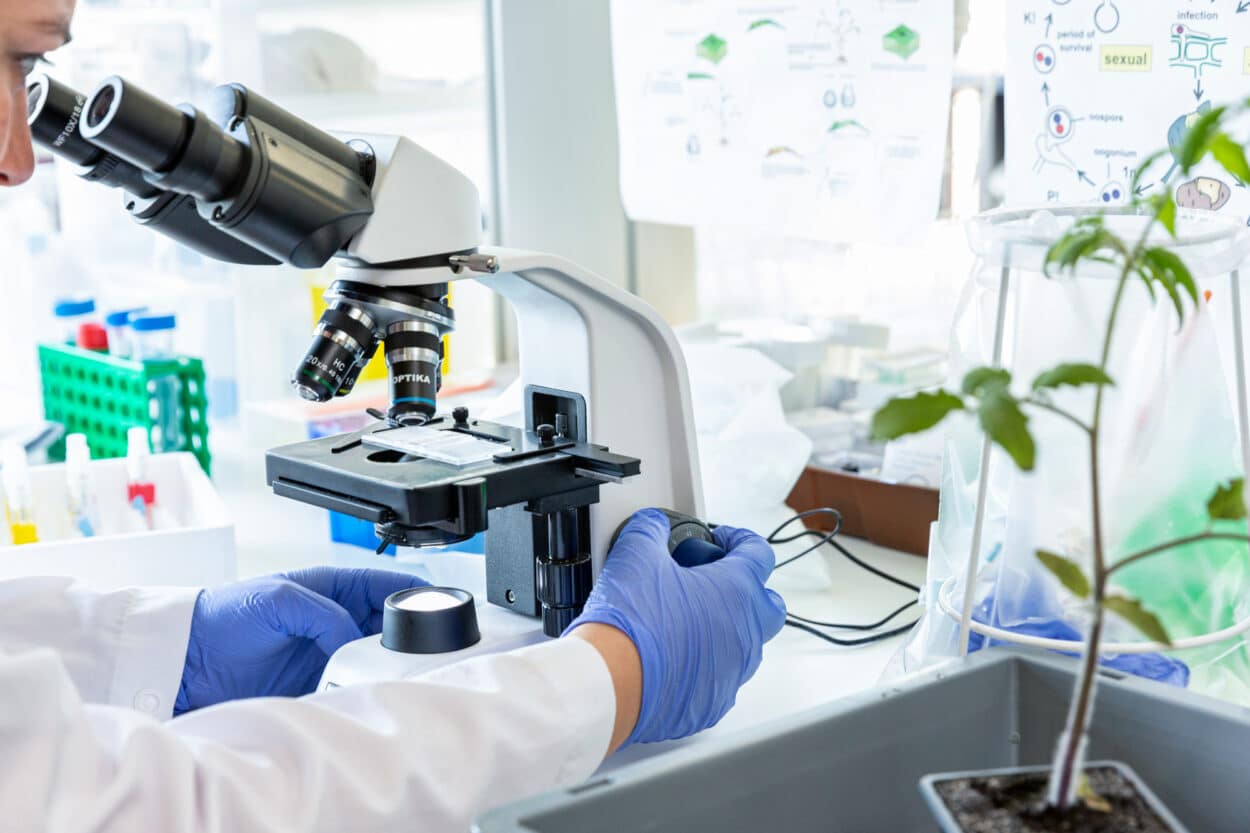Key Takeaways
- Biopesticides are gaining market share as traditional pest control products face inefficacy and regulation issues.
- Major agricultural firms are investing in biocontrol technologies, acquiring startups to enhance their offerings.
- The global biocontrol market is expected to exceed $15 billion by 2029, reflecting significant growth in consumer demand for sustainable practices.
Biopesticides are emerging as a crucial solution in agricultural pest control as conventional products become less effective and face stricter regulations, according to Chris Taylor of The Mixing Bowl. The 2025 CropLife Biologicals Survey reveals that 29% of surveyed retailers now stock biopesticides, signaling a notable shift in the market. This change is driven by a growing acceptance of biocontrol products among farmers, along with rising concerns about the environmental impact of chemical pesticides.
Major agricultural companies, including Corteva, BASF, Bayer, and Syngenta, are leading this transition. These firms are acquiring innovative startups to bolster their biological product capabilities. The latest Crop BioControl Landscape by The Mixing Bowl identifies 300 companies in the field, emphasizing the diversification and technological advancements in this growing sector.
Data from AgFunder highlights a fluctuating funding landscape for biocontrol companies, marked by significant investment in early-stage deals despite a lack of consistent trends over the last decade. The biocontrol market is characterized by its use of naturally derived substances and microorganisms to manage pests and diseases in crops, catering to an increasing farmer demand for sustainable agricultural practices. This demand is fueled by consumers who increasingly prefer cleaner food options.
According to DunhamTrimmer, the global biocontrol market is projected to surpass $15 billion by 2029, an impressive growth from less than $1 billion in 2010. While biostimulants have historically dominated sales in biological products, the recent survey indicates that biocontrol products now represent 17% of biological sales among U.S. retailers, with a reported 7% revenue increase in biopesticide sales for 2024.
Taylor notes that more structured regulations in the biocontrol market are enhancing consumer trust, which, combined with a trend of consolidation in the industry, is promoting further growth. Big agricultural companies are eager to acquire innovative solutions, realizing that partnerships with startups are vital for expanding market reach and distribution channels.
Investment momentum in biocontrol companies peaked in 2020 and 2021, but has since stabilized, with seed and early-stage investments constituting a significant portion of funding activity. Since 2012, U.S. startups have led the way in raising $3.7 billion across 131 deals, followed by Belgium with $595 million and France with $516 million.
The competitive landscape is segmented by pest type, with a substantial number of biocontrol companies operating across various segments. The Mixing Bowl is set to unveil its Crop Biostimulants Market Landscape at the upcoming 2025 Salinas Biological Summit, showcasing the ongoing evolution and innovation in agricultural biocontrol solutions.
This article reflects insights from The Mixing Bowl and Western Growers, highlighting a transformative period in the agricultural sector focused on sustainability and innovation in pest management.
The content above is a summary. For more details, see the source article.















